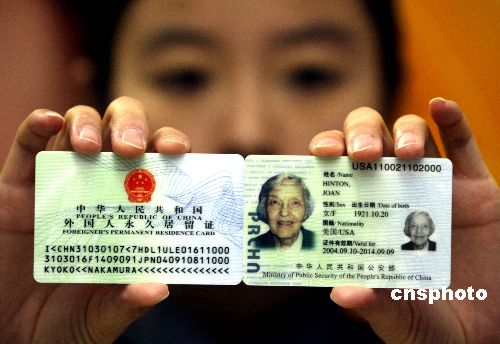Tensions have erupted over some barren rocks in the Pacific that you may never have heard of, but stay tuned – this is a boundary dispute that could get ugly and some day have far-reaching consequences for China, Japan, Taiwan and the United States.
The islands in question are called the Senkaku chain by Japan, the Diaoyu islands by China, and the Diaoyutai by Taiwan. All three claim the islands, which are really just five islets and three barren rocks northeast of Taiwan, 200 miles off the Chinese coast. The latest confrontation occurred when a Chinese fishing boat collided with two Japanese naval vessels trying to intercept it near the islands. The Japanese detained the Chinese captain for questioning and the two countries have been exchanging indignant protests.
The reason to worry is that nationalists in both China and Taiwan see the islands as unquestionably theirs and think that their government has been weak in asserting this authority. So far, wiser heads have generally prevailed on each side, but at some point a weakened Chinese leader might try to gain legitimacy with the public by pushing the issue and recovering the islands. It would be a dangerous game and would have a disastrous impact on China-Japan relations, but if successful it would raise the popularity of the Chinese government and would also be a way of putting pressure on Taiwan.
The other problem is that, technically, the U.S. would be obliged to bail Japan out if there were a fight over the Senkakus. The U.S. doesn't take a position on who owns the islands, but the Japan-U.S. security treaty specifies that the U.S. will help defend areas that Japan administers. And in 1972, when the U.S. handed Okinawa back to Japan, it agreed that Japan should administer the Senkakus. So we're in the absurd position of being committed to help Japan fight a war over islands, even though we don't agree that they are necessarily Japanese.
In reality, of course, there is zero chance that the U.S. will honor its treaty obligation over a few barren rocks. We're not going to risk a nuclear confrontation with China over some islands that may well be China's. But if we don't help, our security relationship with Japan will be stretched to the breaking point.
So which country has a better claim to the islands? My feeling is that it's China, although the answer isn't clearcut. Chinese navigational records show the islands as Chinese for many centuries, and a 1783 Japanese map shows them as Chinese as well. Japan purported to "discover" the islands only in 1884 and annexed them only in 1895 when it also grabbed Taiwan. (You can also make a case that they are terra nullis, belonging to no nation.)
The best approach would be for China and Japan to agree to refer the dispute to the International Court of Justice, but realistically that won't happen. And since some believe that the area is rich with oil and gas reserves, the claims from each side have become more insistent.
As Chinese nationalism grows, as China's navy and ability to project power in the ocean gains, we could see some military jostling over the islands. You read it here first.
*************************************************************
Where Is The China Sea Power? Where Is The Searching For An Chinese National ...











































































